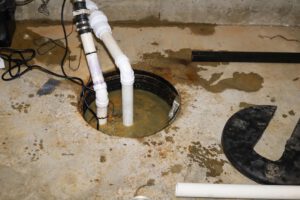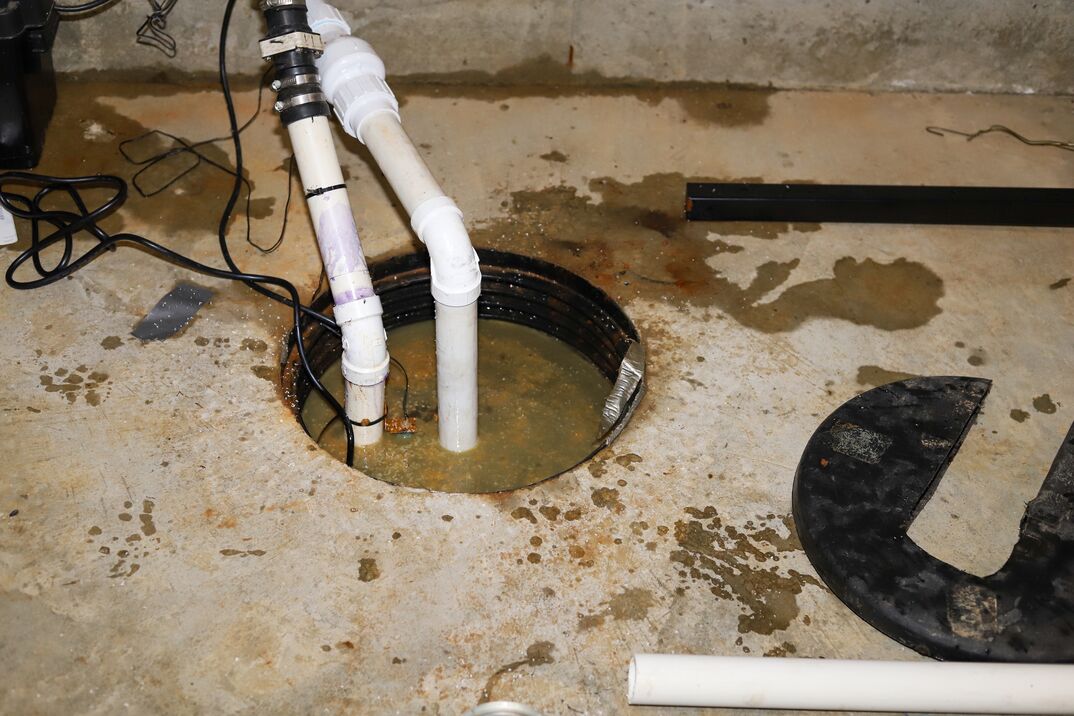Sump pumps are an effective way to prevent flooding in your basement. But they can be tricky to install, so you should contact Plumbers Aurora CO to get the job done correctly.

The pump senses high water levels and pumps it into a special pipe that leads to a drainage area outside the home. This may be a natural runoff point, a dry well, or a municipal sewer.
Waterproofing your basement is a smart investment that can help prevent flooding. It can also add value to your home.
Flooding can occur for a number of reasons, including heavy rains, melting snow, and changing weather conditions. In addition to damaging your belongings and causing health problems, it can be expensive to repair.
Inadequate drainage is a major cause of wet basements. This can happen due to cracks in your foundation, a lack of adequate grading, and improper gutters.
Another common cause of basement flooding is a sump pump that doesn’t work properly. If you don’t have a working sump pump, water can seep into your basement and cause damage to your belongings and your house.
If you suspect that your basement may be leaking, it’s easy to check for moisture on the outside of your walls. Tape a piece of aluminum foil to the wall, and leave it in place for a few days. If the side facing the wall is wet, it’s an indication of seepage.
A more involved way to waterproof your foundation is to apply thick rolls of impermeable material. These can be bonded to the exterior of your foundation with lapped seams.
This type of foundation waterproofing can be costly to install, but it can save your home from damage that would otherwise be caused by water entering your basement.
It can also make your basement more energy-efficient and reduce your heating and cooling costs. A damp basement can cause condensation, which makes your HVAC system work harder.
The best way to determine whether or not your basement needs waterproofing is to schedule a professional inspection. A professional can identify potential issues and suggest solutions to fix them.
Using a waterproofing product can help prevent moisture from seeping into your basement. It’s an elastomeric coating that can be applied by brush, roller, or spray.
If you’re planning to sell your home, a basement that is waterproofed can be a selling point for buyers. It can increase your property’s value and make your home more attractive to a wide range of buyers.
A sump pump is a powerful, essential piece of equipment that can keep your home safe from flood damage. Located in the basement, these pumps can move water from a pit carved below the foundation to a discharge pipe that drains it away from your property.
The pit is typically a small hole drilled into the basement floor that has valves that sense rising water levels or pressure. Once the level of water reaches a certain point, the pump turns on and begins moving the water out of the pit and far away from your property.
These pumps come in different forms and can be a great investment for your basement. The type you choose depends on the size and layout of your pit, as well as the needs of your property.
Submersible sump pumps, for example, are installed in a pit and operate while underwater (hence, they’re called “submersible”). They run quieter and are easier to access than pedestal pumps.
Depending on your specific requirements, you may also want to consider an option like a battery backup, which will automatically turn on when the primary pump stops working or can’t keep up with the inflow of water. These types of backup pumps will usually only work for a limited time before the batteries die, though.
To test whether your pump is working properly, pour a few gallons of water into the pit. The motor should start running automatically, and the water should drain quickly, indicating that it is able to function.
You should also check the float switch to make sure it is in the “off” position. If it’s not, you’ll need to replace it.


